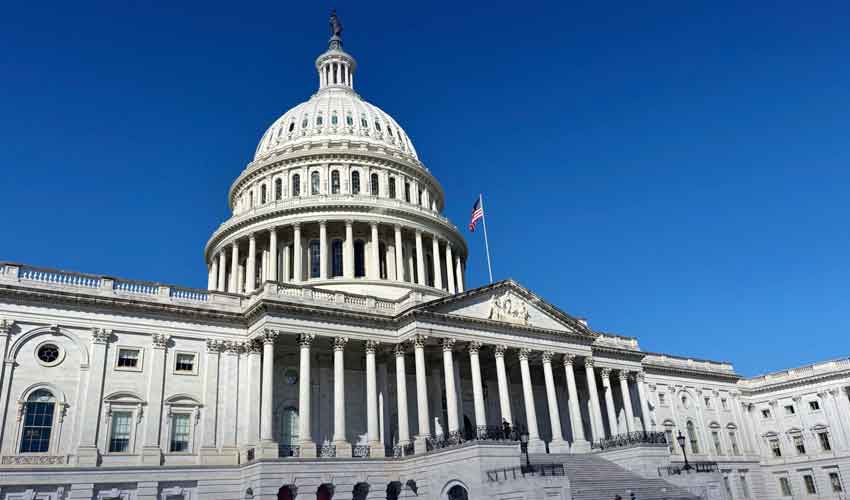A historic judgment goes out, where the former New York City Mayor, Rudy Giuliani, has been ruled by a US judge to turn over his New York apartment and other considerable properties to two election clerks he maligned. Issued by U.S. District Judge Lewis Liman in Manhattan, the judgments call for handing over these possessions within the next seven days as part of a larger push to compensate the workers for damages resulting from Giuliani's false charges.
Giuliani - a powerful voice in American politics and onetime personal attorney to former President Donald Trump - has come under heavy criticism over his role in furthering baseless allegations of voter fraud after the 2020 presidential election. The centre of controversy lies in his defamatory utterances against Ruby Freeman and her daughter, Wandrea "Shaye" Moss whom he accused of facilitating ballot manipulation in Georgia, a battleground state during the election.
It was a significant legal blow for Giuliani as the jury from the federal court decided in favour of the verdict of defamation, and ordered him to pay a whopping $148 million to Freeman and Moss. The decision was after much personal and professional damage had been caused by such claims by Giuliani against the two women, who claimed that they had been harassed and even received death threats as a result of his claims.
History of ruling
The new court order spells out what Giuliani must turn over, in addition to an apartment in Manhattan, some pricey jewellery, and a vintage 1980 Mercedes once belonging to Lauren Bacall. Besides, he has to forfeit some dozens of watches and a portion of his memorabilia of sport which would be put under the control of the election workers through a receivership.
However, a judge has, for now granted Giuliani a stay of surrender of several New York Yankees World Series rings that he reportedly received as gifts and his Florida apartment. The verdict allowed Freeman and Moss to pursue nearly $2 million in unpaid legal fees that Giuliani claims are owed to him by the Trump campaign.
We are pleased our clients will finally start to receive some of the compensations that they deserve for Giuliani's wrongful actions," said Freeman and Moss lawyer Aaron Nathan of the ruling. "This extends from the emotional toll to the monetary burden regarding what the victims of Giuliani's unfounded claims have endured."
Wider ramifications in aftermath of elections
An opinion from the judge comes at a timely point-two weeks prior to the 2024 presidential election, when the subjects of the national conversation are ironically conversations about election integrity. As many investigations and audits of election outcome results confirmed the legitimacy of the system of conducting elections in the United States in 2020, Trump and many of his associates, including Giuliani, continued to promulgate their notion that the election was "rigged."
This virus has created an environment of uncertainty among some of the Republican voters, most of whom have voiced skepticism over the fairness of any elections to be held soon. Party leaders, like Trump, have publicly declared that they would mobilize their supporters to vote and how the higher turnout in the election would make the result too big to rig.
Giuliani's legal worries will not go away
Giuliani is also charged with a slew of other counts, one in Arizona and another in Georgia, all of which deal with his behaviour after the 2020 election. He has pleaded not guilty to those charges, continuing to make his claims even as his legal woes continue to snowball. To that end, he was disbared in New York, which seems to drive home the depths of his calamity, stripping what is left of the little prestige there was for him amongst that particular order of lawyers.
As the country enters what promises to be an election of a lifetime, the revelation of Giuliani tells the story of far-reaching effects that misinformation in politics reaps. Look at the human cost of such unfounded claims in the stories of Freeman and Moss as one looks out for accountability and how public figures play their roles in digital society.
Rudy Giuliani's court-ordered asset transfer represents a critical chapter in the unfolding drama surrounding the postscripts of the saga of the 2020 presidential election. As the legal and political landscapes change, Freeman and Moss will be a salutary reminder of the costs of defamation and the necessary elements for taking those who speak in public to task for their words. The decision is set to have resonant effects beyond the courtroom because it has come at a time when the country is warming up for the 2024 elections.



























